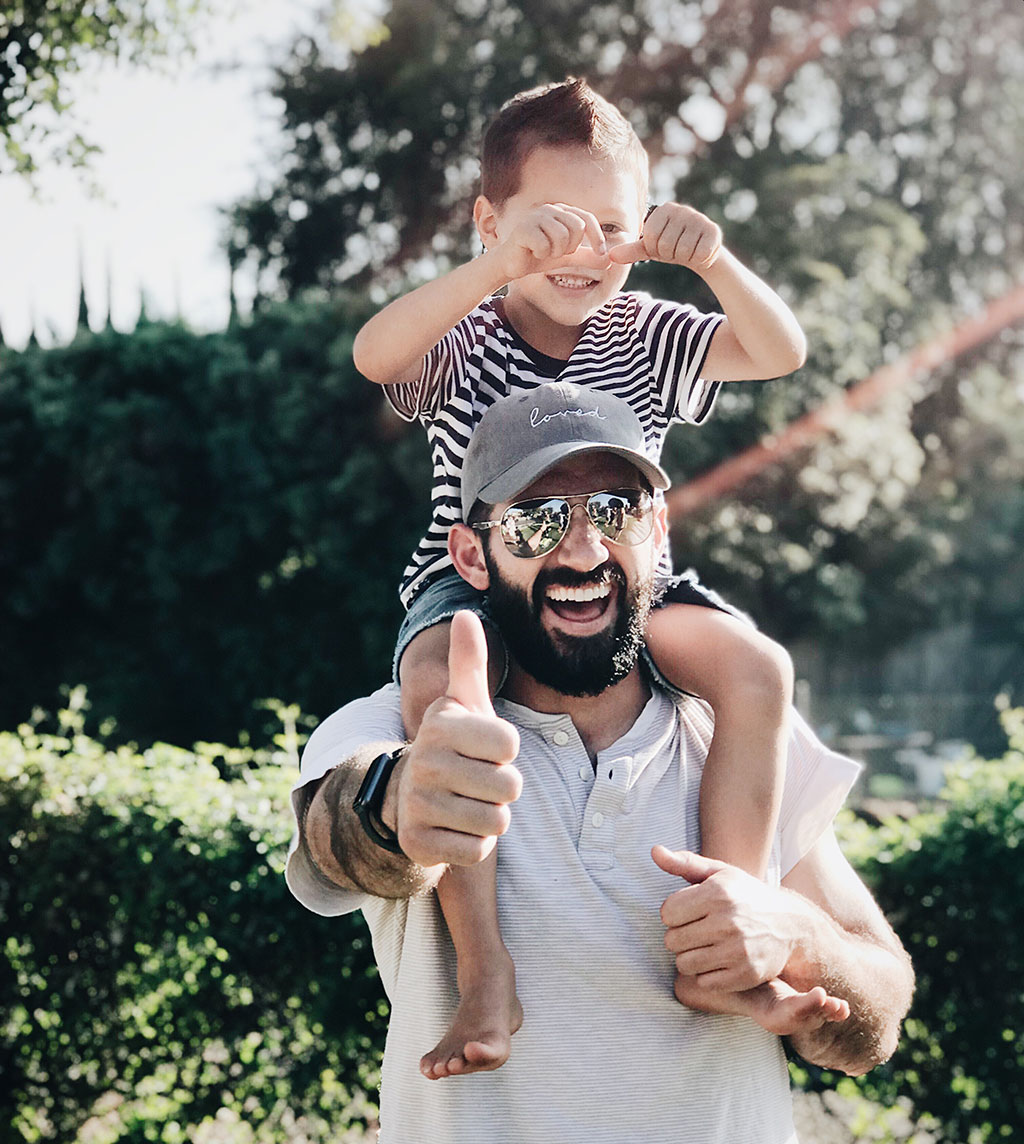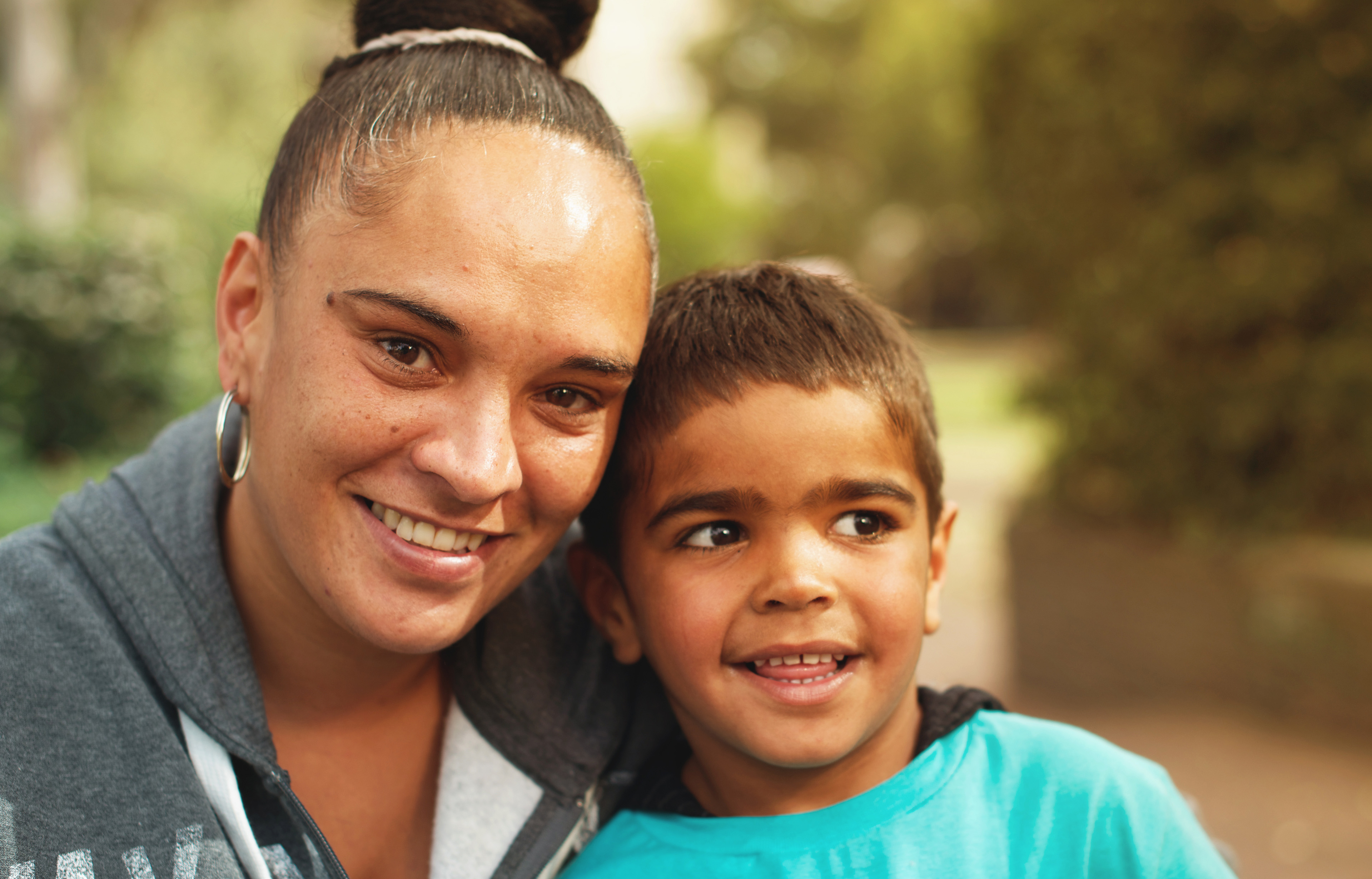Making Reconciliation a reality for First Nations children in care
As National Reconciliation Week approaches, with this year’s theme being "More than a word. Reconciliation takes action," we share how non-indigenous foster carers can help make Reconciliation a reality for First Nations children who are disproportionately represented in out of home care.
National Reconciliation Week (NRW) is held between 27 May and 3 June, annually. It marks two significant milestones in the National Reconciliation Journey - the successful 1967 Referendum and the High Court Mabo decision, respectively.
Our First Nations Peoples continue to be impacted by past and current Government policies, which have contributed significantly to the proportionately high rates of First Nations children in out of home care.
Anglicare Southern Queensland* has been supporting foster and kinship carers for over 30 years, across Queensland, including in the care of First Nations children. The journey to becoming a foster or kinship carer involves a lot of learning, speaking with family and friends and decision making.
The following are three things that non-indigenous foster carers foster carers can do to support First Nations children appropriately and effectively in their care and help to make Reconciliation a reality for them.
Non-Indigenous foster carers need to have an understanding of Black Australia history, including an understanding:
-Of the difference between ‘settlement’ and ‘invasion’
-Of Terra Nullius (‘nobody’s land’) which was a legal principle used to justify occupation
-That this land knowns as ‘Australia’ was inhabited by hundreds of culturally distinct Nations prior to European invasion, and was therefore not ‘discovered’ by Europeans.
Non-Indigenous foster carers and the First Nations young people in their care need to engage with the local Aboriginal and Torres Strait Islander communities, including:
-Attending First Nations Peoples' community events (such as National Reconciliation Week and NAIDOC Week events)
-Participating in First Nations community events (such as National Reconciliation Week and NAIDOC Week events)
-Learning the original names of the local First Nations places.
Non-Indigenous foster carers need to build trust and rapport when engaging with First Nations peoples, including by:
-Developing an appreciation of First Nations cultures
-Engaging with First Nations medical services
-Promoting Reconciliation through genuine engagement, participating and understanding.
Non-Indigenous people also need to acknowledge that First Nations Peoples do not that we can learn from one another, and develop a real awareness, understanding, appreciation and respect for the cultures and histories of Aboriginal and Torres Strait Islander peoples – the inclusion of First Nations peoples of Australia is central to the reconciliation journey, not their exclusion.
And, that is healing for all of us.
This article first appeared in the Anglican Focus and is published here with permission.
*You Be You is empowered by Anglicare Southern Queensland.
We need to actively include First Nations Peoples in our community activities, events and initiatives so that we can learn from one another, and develop a real awareness, understanding, appreciation and respect for the cultures and histories of Aboriginal and Torres Strait Islander peoples – the inclusion of First Nations Peoples of Australia is central to the Reconciliation journey, not their exclusion.
"More than a word. Reconciliation takes action," We share how non-Indigenous foster carers can help make Reconciliation a reality for First Nations children who are disproportionately represented in out-of-home care.

